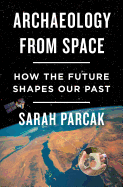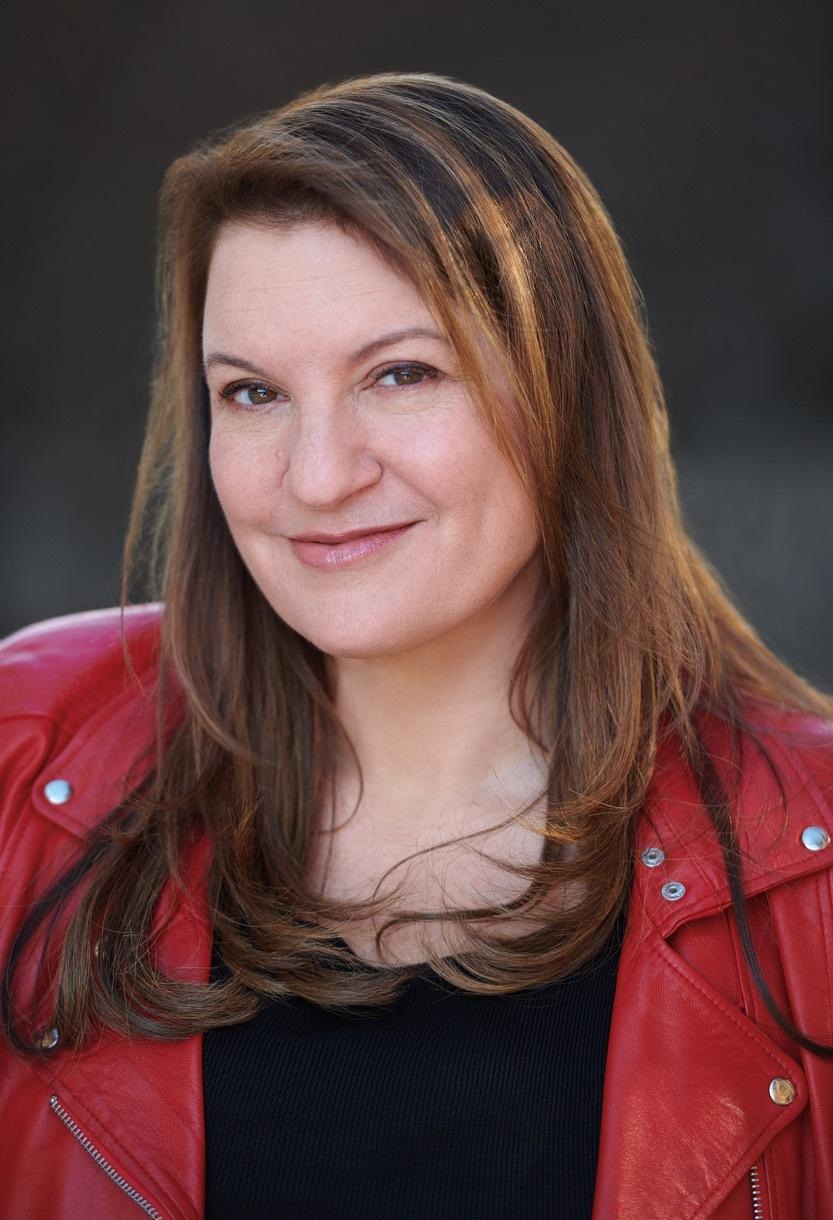 |
| photo: Guillaume Megevand |
Susan Jane Gilman is the author of three nonfiction books, Hypocrite in a Pouffy White Dress, Kiss My Tiara and Undress Me in the Temple of Heaven, and the novel The Ice Cream Queen of Orchard Street, which was a Target Club Pick for 2015. She has been a commentator for National Public Radio, and written for the New York Times, the Los Angeles Times, Real Simple, the Guardian, the Daily Beast and Ms., among many others. She teaches writing and speaks to audiences worldwide. Her TED talk on the creative process can be viewed here. Gilman's new novel is Donna Has Left the Building (Grand Central, June 4, 2019).
On your nightstand now:
There's a Japanese word, tsundoku, for buying books and letting them pile up in your home without reading them. That's what happens with my nightstand. Yet it's not because I don't read, but rather because I often read three or four books at once, so finishing them takes a while. At the moment, I've got a dozen books stacked beside my pillow: The Good Lord Bird by James McBride, The Book of Memory by Petina Gappah, The Association of Small Bombs by Karan Mahajan, New Boy by Tracy Chevalier, When They Call You a Terrorist by Patrisse Khan-Cullors and Asha Bandele, The Book of Night Women by Marlon James, Unbroken by Laura Hillenbrand, The Grammarians by Cathleen Schine, The Weight of Ink by Rachel Kadish, Savage Feast by Boris Fishman, What Doesn't Kill You Makes You Blacker by Damon Young and Lucky Us by Amy Bloom. That should keep me out of trouble for the next few months.
Favorite book when you were a child:
Oooh, I absolutely loved Eloise as a child. I still do. I've rarely come across a fictional character that I could relate to quite so much (minus the wealth, the nanny, and the maternal abandonment at the Plaza Hotel, of course). But Eloise is a little girl renegade for the ages--outspoken, wildly imaginative, precocious and wholly un-self-conscious. She's a great antidote to all the Disney princesses of the world, and she always seemed to me to have much more fun than anyone else. I've recently had the great pleasure and joy of getting my youngest niece obsessed with her, too.
Your top five authors:
This is tough because I've been besotted with different authors at different times in my life--from Carolyn Keene's Nancy Drew series, Laura Ingalls Wilder and Judy Blume's books when I was in elementary school in the 1970s to Tobias Wolff, Lorrie Moore and Raymond Carver when I was getting my MFA in creative writing in my 20s, to my Sebastian Faulks, Irène Némirovsky, Jhumpa Lahiri and Junot Díaz phases later on. My tastes have changed over time.
But the five authors whose work inspired me the most to become a writer as a teenager were some of the now "Old Schoolish" modern American writers: John Steinbeck, Dorothy Parker, Toni Morrison, John Cheever, and Truman Capote. They're the ones to blame in the end.
Book you've faked reading:
To my great shame, I've only read the CliffsNotes for Chaucer's The Canterbury Tales. Who the hell does that? They're actually short and eminently readable! But I had to read them one week in 11th grade when I had back-to-back exams in history, trigonometry and chemistry, so I took a "short cut." It was beyond pathetic. I keep meaning to go back and read Chaucer for real, but I never do.
Since I'm in confession mode, I'll also own up to only skimming the second half of Don Quixote and to starting Ulysses no less than five times without ever getting past page seven.
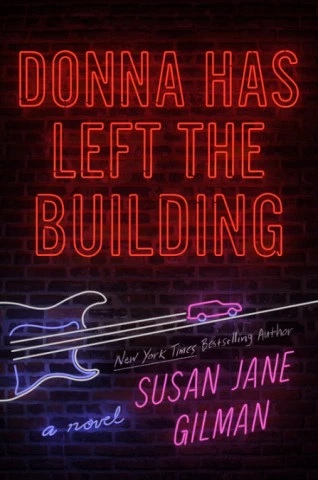 Book you're an evangelist for:
Book you're an evangelist for:
I've been obsessed with Isabel Wilkerson's stunning nonfiction book, The Warmth of Other Suns. She brings to life a whole swath of uncharted American history--that of the great black migration from the American South during the 20th century. She writes with incredible power, depth and detail; it's no wonder she's won a Pulitzer Prize. I felt like I was reading three novels all at once while taking a crash-course in American history that I thought I knew, but didn't. I bought copies for everyone in my family as gifts. It's a must-read.
Book you've bought for the cover:
A book's cover is never a selling point for me. It might compel me to pick up a book and look at it, but I always read the first few pages to decide whether I want to buy it. A few books that grabbed me this way were Transit by Rachel Cusk, Money by Martin Amis, A Handbook for Cleaning Women by Lucia Berlin and The History of Love by Nicole Krauss.
Book you hid from your parents:
The one I'm about to publish! In the past, I've sent both my parents advance reading copies of my books. Donna Has Left the Building, however, has remained under wraps.
Book that changed your life:
Every single book I've read has affected me in some way. But when I read John Steinbeck's The Grapes of Wrath as a teenager, it just slayed me. Oh, that ending! I closed the cover, and I wept. That novel laid bare the full power of fiction; it elevated storytelling to a whole new level. I remember wishing I'd written it--and also suspecting that I'd never be able to write anything equal to it, no matter how hard I tried.
Favorite line from a book:
"Valencia was a striking, tightly-wound Columbian woman with a closet full of short skirts and a singular talent for appalling her neighbors."
This is from David Sedaris's essay collection Me Talk Pretty One Day. I love it because it manages to convey a full-blown character in a single sentence. You see her, you hear her, you grasp her neurosis and her behavior and the way she impacts the world around her--seemingly unwittingly. It's colorful, economical and funny. I cite it all the time when I teach creative writing as an example of brilliantly deployed significant detail.
Five books you'll never part with:
Have you seen my nightstand? I'll never part with anything. But besides the most-cherished, aforementioned Eloise, The Grapes of Wrath and The Warmth of Other Suns, I'd hold fast to Angela's Ashes by Frank McCourt, The Goldfinch by Donna Tartt, The Bluest Eye by Toni Morrison, The Collected Short Stories of John Cheever and Shantaram by Gregory David Roberts (because it's long and epic, and if I only have five books to read and re-read...).
Book you most want to read again for the first time:
When I was first reading Anna Karenina, I was about halfway through the story when a friend exclaimed, "Oh, is that the novel where--?" and proceeded to blurt out the entire ending. I was too far gone to put the book down at that point, but the suspense and the magic of the book was ruined. I wish I could go back and read it again for the first time, innocent of any foreknowledge.
Your books have often been described as laugh-out-loud funny. What authors have made you laugh?
Oddly enough, I don't think of myself as a humorous writer--and odder still, perhaps, I find very few "hilarious" books funny, even though I love to laugh. Besides David Sedaris, whom I quoted above, I did laugh out loud reading Maria Semple's Where'd You Go, Bernadette, Marc Acito's How I Paid for College and Jonathan Tropper's This Is Where I Leave You. Most recently, I found myself snort-laughing through Adam Smyer's debut novel, Knucklehead. It's scathingly funny. Roddy Doyle has a real gift, too. And for years, Cynthia Heimel's work inspired and charmed me, especially her essay "Girls Watch Porn."
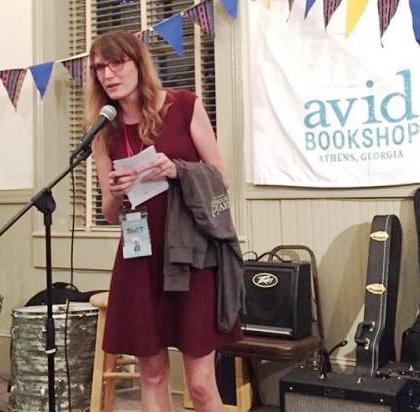










 Marking the first positive sales month this year, bookstore sales in April rose 3.4%, to $693 million, according to preliminary estimates from the Census Bureau. For the first four months of the year, bookstore sales fell 6%, to $3.07 billion.
Marking the first positive sales month this year, bookstore sales in April rose 3.4%, to $693 million, according to preliminary estimates from the Census Bureau. For the first four months of the year, bookstore sales fell 6%, to $3.07 billion.

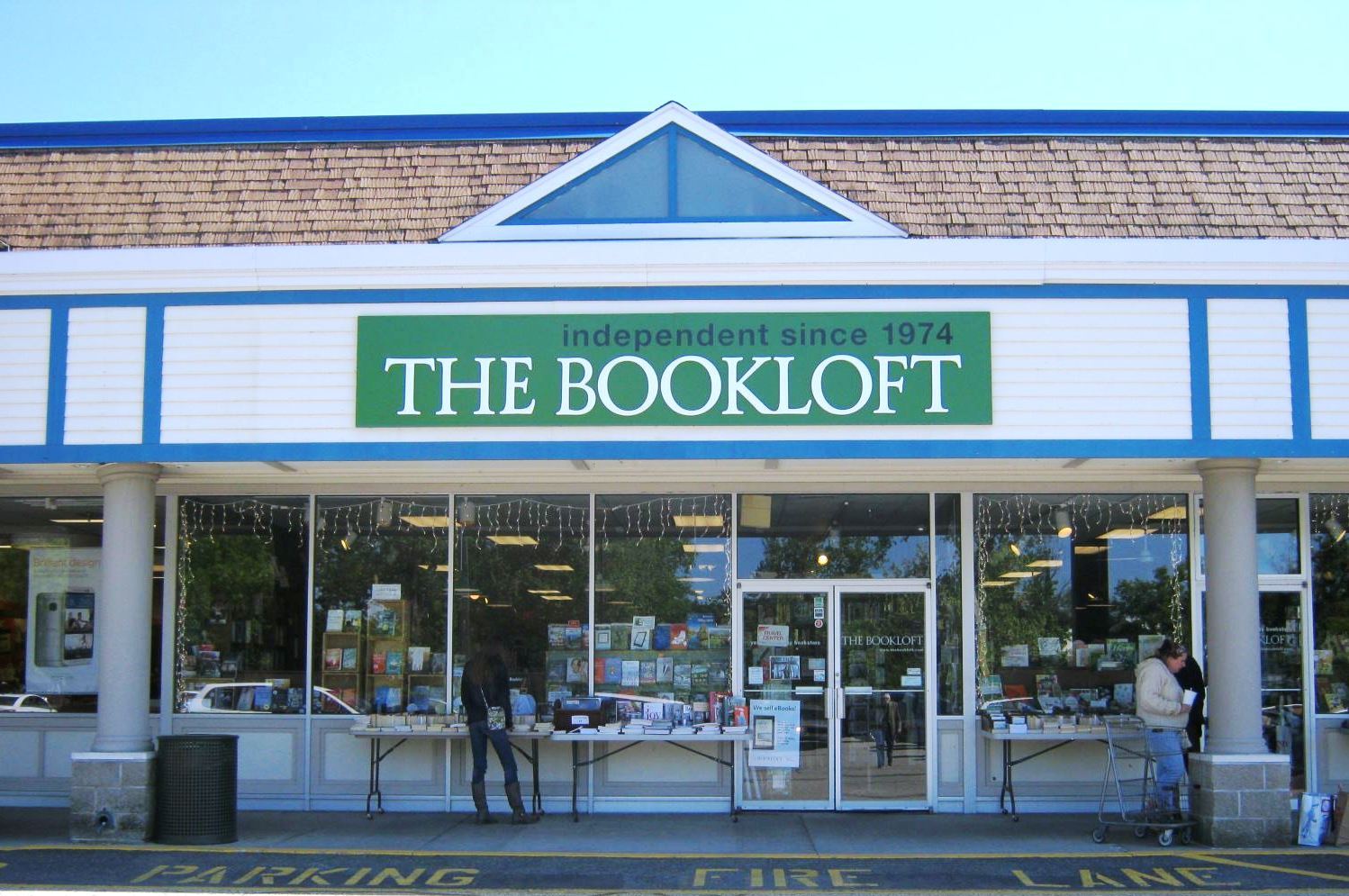
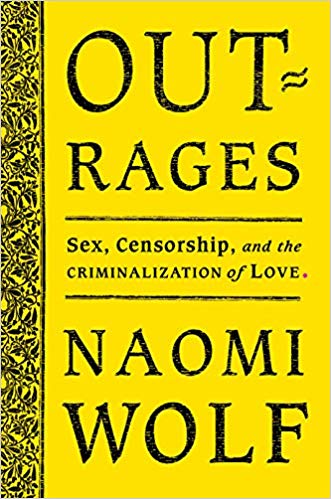
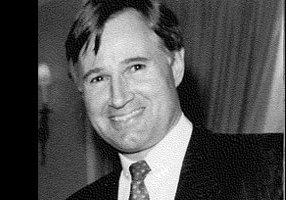
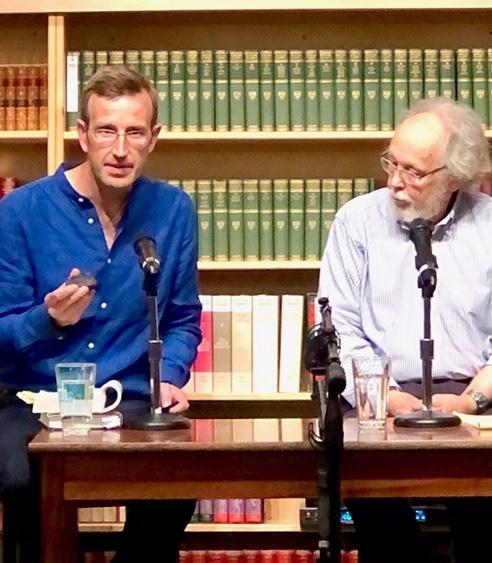
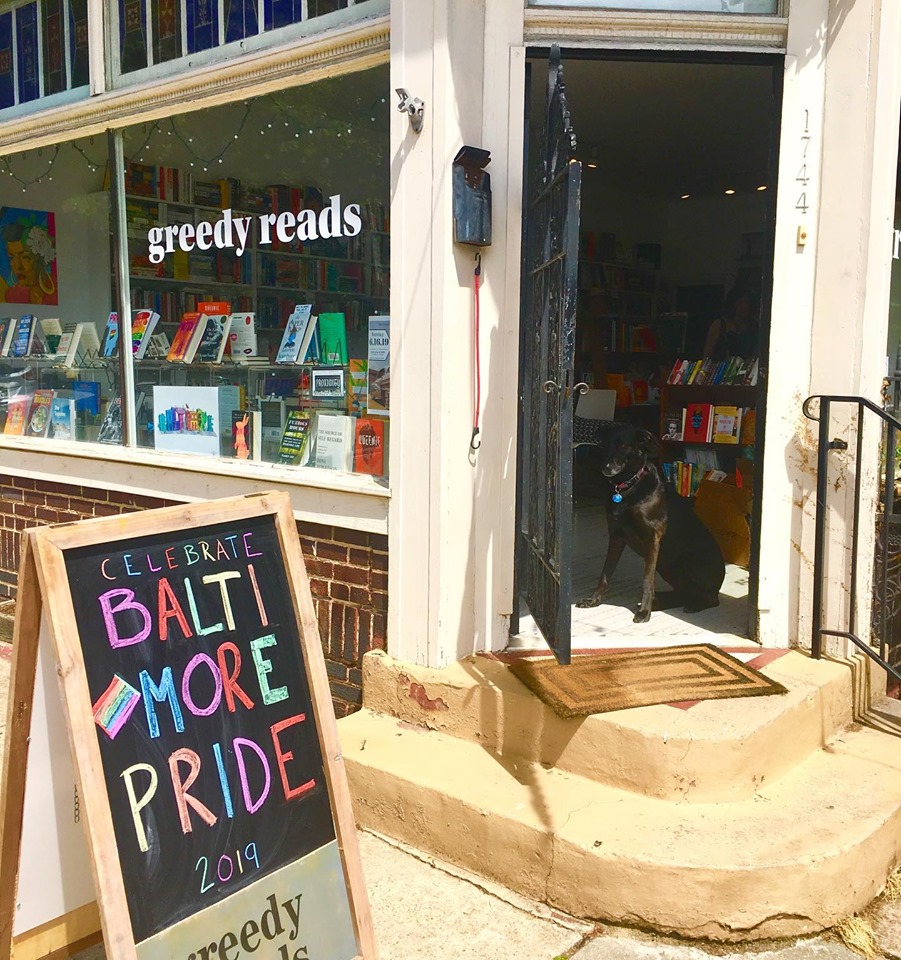

 Woodstock: 3 Days of Peace & Music
Woodstock: 3 Days of Peace & Music
 Book you're an evangelist for:
Book you're an evangelist for: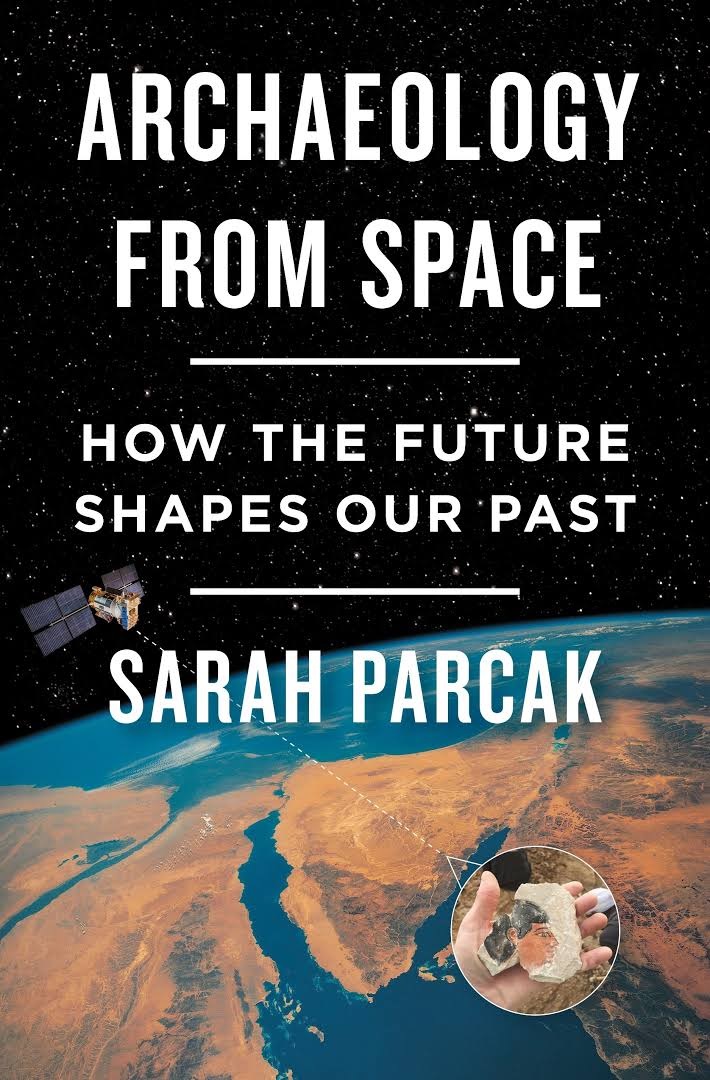 Space archeology sounds like science fiction: a cross between Indiana Jones and Star Wars. Coincidentally, those were Sarah Parcak's favorite movies when she was growing up. But Parcak is now an Egyptologist, a professor at the University of Alabama-Birmingham, and an actual space archeologist--she uses high-tech satellite imagery in her on-the-ground work. Archaeology from Space introduces the burgeoning subfield to the uninformed (but curious) and explores how it is transforming the work of people like Parcak and her colleagues.
Space archeology sounds like science fiction: a cross between Indiana Jones and Star Wars. Coincidentally, those were Sarah Parcak's favorite movies when she was growing up. But Parcak is now an Egyptologist, a professor at the University of Alabama-Birmingham, and an actual space archeologist--she uses high-tech satellite imagery in her on-the-ground work. Archaeology from Space introduces the burgeoning subfield to the uninformed (but curious) and explores how it is transforming the work of people like Parcak and her colleagues.